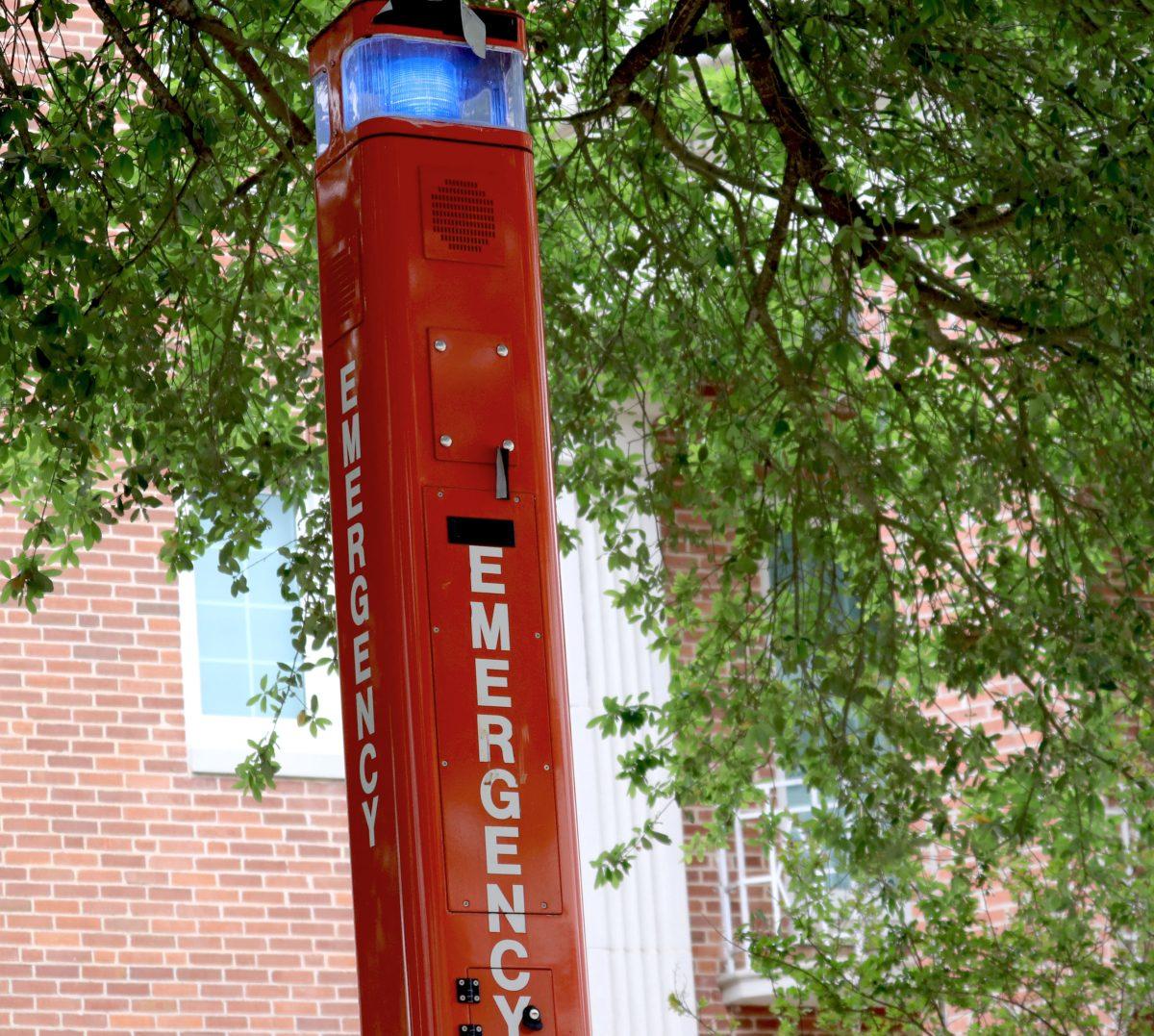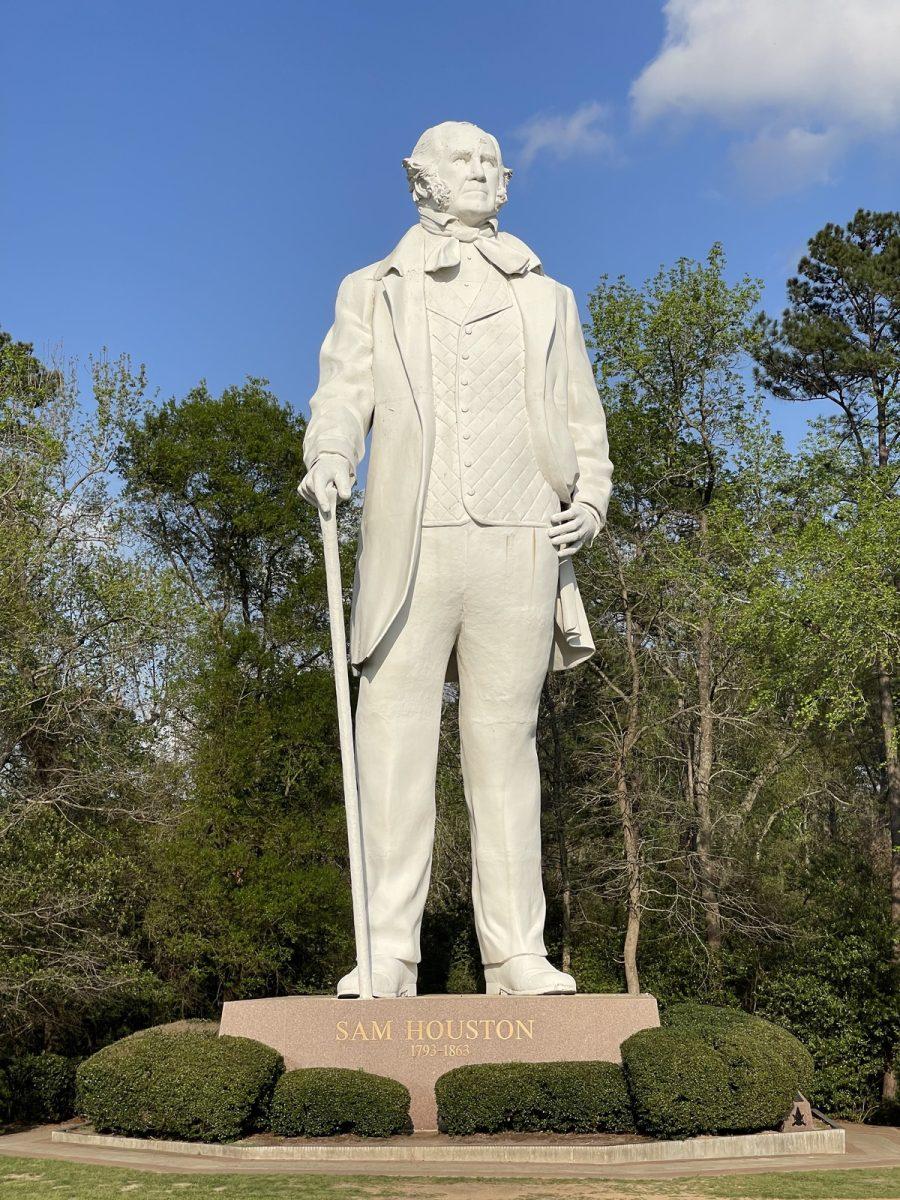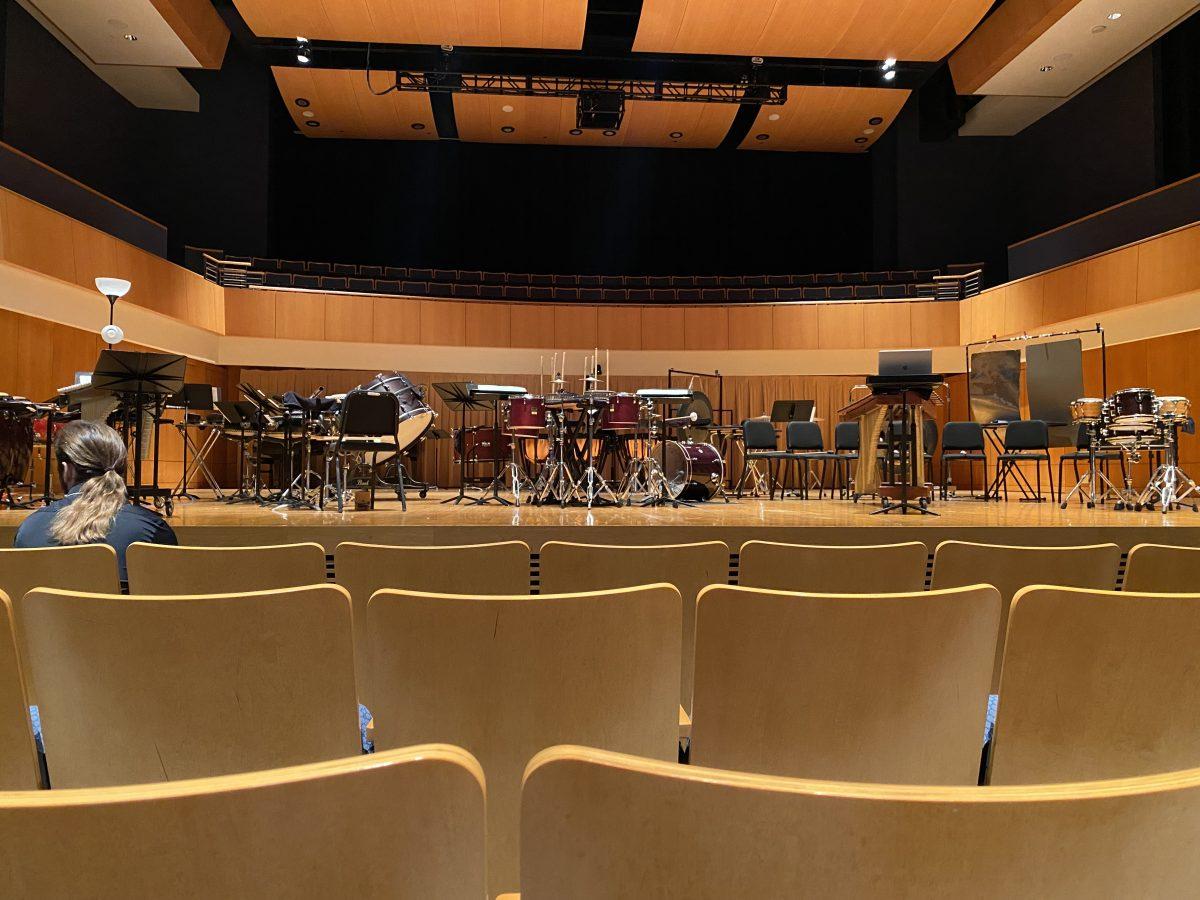Get out of your comfort zone. Don’t walk. Don’t even run. Flee it like your life depends on it. If you had the luxury of growing up with a stable routine, escape even faster. What every single one of us needs to avoid is the limitations of our perspective. Cognitive dissonance is the kind of concept that you start to notice everywhere once you know about it. If there were ever a candidate for “understatement of the year,” any statement about the complexity of the human brain would fare just fine, but psychology in the twenty-first century certainly offers a wider array of tools than we have ever had access to in all of human history. Among these tools is our modern understanding of how every one of us processes conflicting information. This brings us to cognitive dissonance.
Perhaps the easiest way to explain the phenomenon is to ask some simple questions. What do you, the reader, care about? Imagine you’ve happened upon an interview with the president of the university. She has been asked about the drive of the students at the university, and it is just then that she spots you. Within moments, there are cameras directed towards you, and you are asked one simple question: “What is it that you are going to do with your education that makes your presence here worth the time and money?”
Maybe you are quick to answer, with a twinkle in your eye as you passionately describe your plans to popularize your favorite dish: cinnamon-flavored bacon! However, I’d bet my money that imagining this scenario is uncomfortable for most. The feeling you might be experiencing is likely cognitive dissonance. Merriam-Webster defines cognitive dissonance as “psychological conflict resulting from incongruous beliefs and attitudes held simultaneously.” The position of being asked about your passions can ignite this feeling because we are not all set in our passions that we can stand up and announce to the world what we want to do to make it a better place. Many describe these feelings as anguishing, but I’m here to tell you, literally: don’t despair. We begin experiencing cognitive dissonance the moment we start learning. From that time onwards, we are bombarded with information that conflicts with what we believe. How did the small people get inside the television? How do birds and planes float effortlessly through the sky? Why does the sun leave every night? Our curiosity is a reflection of our innate eagerness to make sense of the world. The danger, of course, is when we become comfortable.
Becoming comfortable means accepting things that don’t make sense. Some may argue that this is part of growing up. It’s true, there are many things about our reality we have to accept for the sake of our sanity, but that does not mean we have to stop thinking about it.
I was once hiking in the mountains north of Las Vegas, Nev., and I stumbled upon a sight to behold: Atop a mountain peak, far enough from the road that when I closed my eyes, it was easy to forget civilization had ever happened. I discovered a massive boulder, larger than the house I’d grown up in, balanced on a relatively small rock, about the size of a SUV. What made the experience truly unforgettable though, was that when I investigated further, I found a beautiful engraving etched into the precariously balanced stone that read: “May you have the serenity to accept the things you cannot change, the courage to change the things you can and the wisdom to know the difference.” The passage was adapted from a prayer known as the “Serenity Prayer,” as I would later find, but even as a non-religious man, I found insurmountable inspiration from this prayer.
What I do believe, and wholeheartedly, is that the realm of what we cannot change is limited only by the limitations of our creativity, which is endless if you simply allow it to be. Creativity takes fuel though. It isn’t hard to guess that life in a box will not inspire out-of-the-box ideas. Now I return to my original message for you: the reason you should expend all the energy you can afford escaping your comfort zone. Comfort allows us to become numb. Comfort is the death of curiosity. Comfort limits us to the confines of what we believe. Instead, I urge you to recognize when you are feeling comfortable and escape it. Pursue ideas that challenge your beliefs, because that is truly the only way to grow. Education itself is a constant intake of new information, and the moment we lose our curiosity, we lose our capacity to learn. Growing up is not about not learning anymore, no, not at all. I wish you all the serenity to deal with what you cannot change, as we are all in this together, but more than anything, I wish you the courage to constantly challenge your beliefs. Uncertainty is okay, and something we all feel from time to time, but chase it to the ends of the Earth. Talk to people who are different than you. Embrace stories you cannot relate.
Only then will you be able to look into that camera with confidence and tell the world who you are, and why you are here. Only then will you realize that your humanity has endless potential. Only then will you realize that to cease learning is to cease growing.









